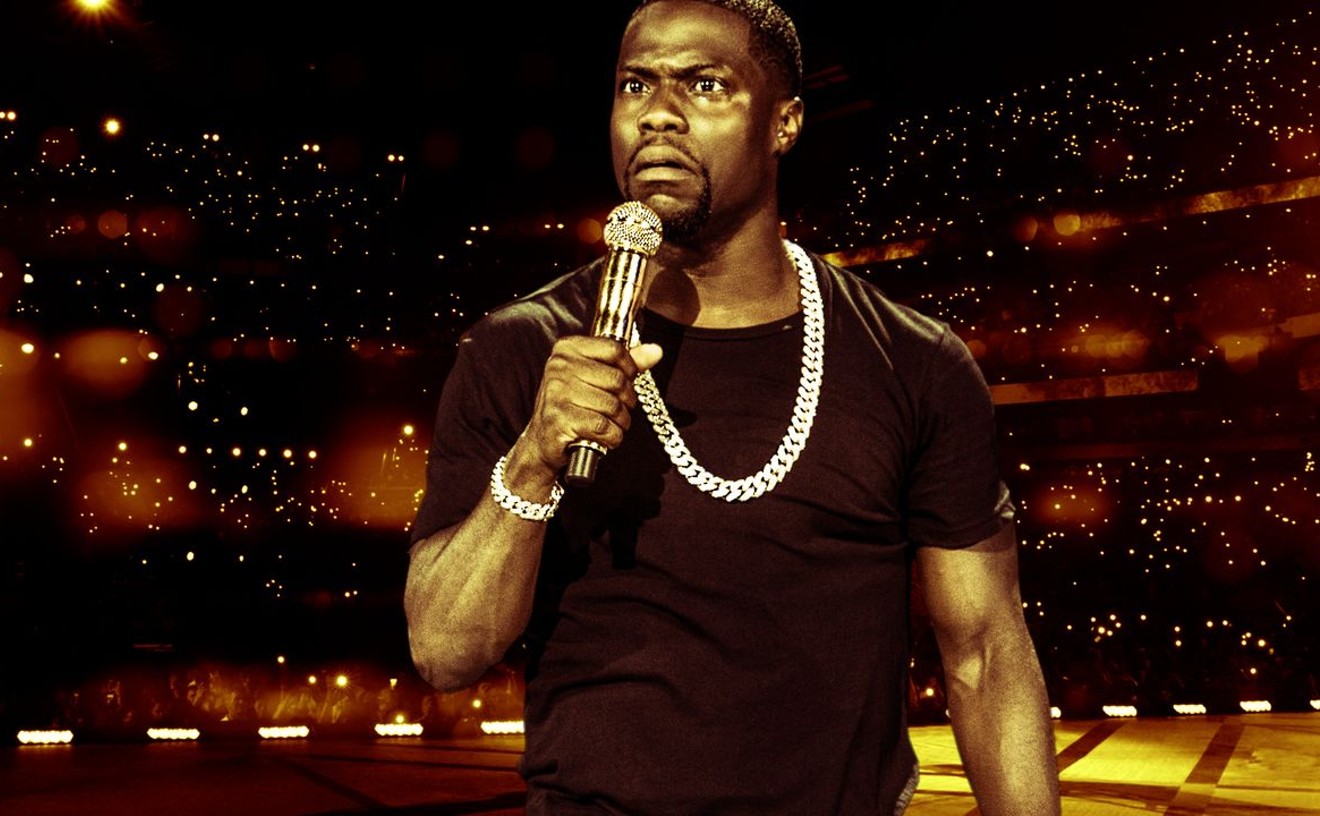The plight of Edward Snowden — still holed up at Moscow's Sheremetyevo airport on Monday — illustrates the Kafkaesque nature of national borders. He is in a transit area, which represents neutral territory. He's not in Russia, so Vladimir Putin has no obligation either to consider granting him asylum or to extradite him. But he's not actually out of Russia, either. He's in limbo. Or purgatory. The kind of room Snowden presumably inhabits plays a large role in Thaddeus Phillips's brilliant and evocative piece, 17 Border Crossings, a series of monologues based on his own extensive travels. Some of these stories last only a few seconds and some are longer; some are funny, others frightening or deeply sad. An idiosyncratic traveler who disabled the RFID (radio-frequency identification) chip in his passport, traveled to Cuba when that was forbidden and visited Arab-speaking countries, Phillips often found himself in one of these airport rooms. His piece makes us understand — among many other things — just how terrifying they are. How, once you're in them, you find yourself exiled from the world's patchwork of nations, a non-person, a being who doesn't really exist.
Liminal spaces such as airports, moving trains, buses and cabs, along with the overarching concept of borders, boundaries and walls — these things fascinate us. They carry implications that go to the heart of what it means to be a human being living among other humans, and they illustrate all the ways — loving, hateful, violent, practical, liberating and restrictive — we have developed in order to live together. 17 Border Crossings touches on all this.
Phillips gives us a brief history of passports, beginning with the St. Crispin's Day speech from Shakespeare's Henry V ("He that hath no stomach to this fight/Let him depart. His passport shall be made") and ending with a description of today's biometric passports. A U.S. passport supposedly offers protection if a citizen runs into trouble overseas (although, as Phillips discovers traversing Europe during the prolonged and bloody breakup of the former Yugoslavia, information from the State Department — "There is no war in this part of Croatia" — can be horribly inaccurate). But the passport also imparts an uneasy feeling of being watched and tracked. A nation is defined by borders, the people living within those borders having reached some kind of consensus about laws, currency, culture, government and self-definition. But borders can be invisible, and they can also shift. The Western powers shaped much of the modern world through haggling and horse-trading after World War I; the interests of those actually living in discarded or newly formed countries carried no weight.
Phillips describes strange rides on deserted trains. He notes that Israel has the most beautiful border guards in the world: glossy men and women wearing Ray-ban sunglasses and looking like images from The Matrix. By contrast, crossing to Jordan, he realizes the entire country is guarded by a single man asleep in a chair in the middle or the desert. In Mostar, Bosnia-Herzogovina, Phillips finds a new kind of boundary: Christians and Muslims delineating their separate worlds with a dissonant wall of sound, on one side the Muezzin call to prayer, on the other the pealing of church bells. Departing from descriptions of his own journeys, he talks about the corpse of an African man discovered in the affluent English suburb of Mortlake by a woman walking her dog. Over the course of the evening, Phillips reveals the dead man's tragic story. And then there's mind travel: In one electrifying segment, Phillips spins into space after being offered yage by a shaman in the Amazonian jungle.
Phillips, an internationally acclaimed performer who makes frequent stops at Buntport, comes across as a kind of everyman — a little guy, shrewd, humorous and ironic, stumbling through puzzling events and drawing fresh inferences from them. He works on an almost bare stage: a desk, chairs, a strip of lights creating strongly contrasting areas of dark and light. None of his anecdotes is overtly political, but there's a deeper sense of menace and sadness in 17 Border Crossings than in his previous work. Almost every story coruscates with significance and raises issues beyond itself — issues about immigration, cruel walls, freedom and coercion. And the image of a small, empty and annihilating room vibrates beneath the text.











